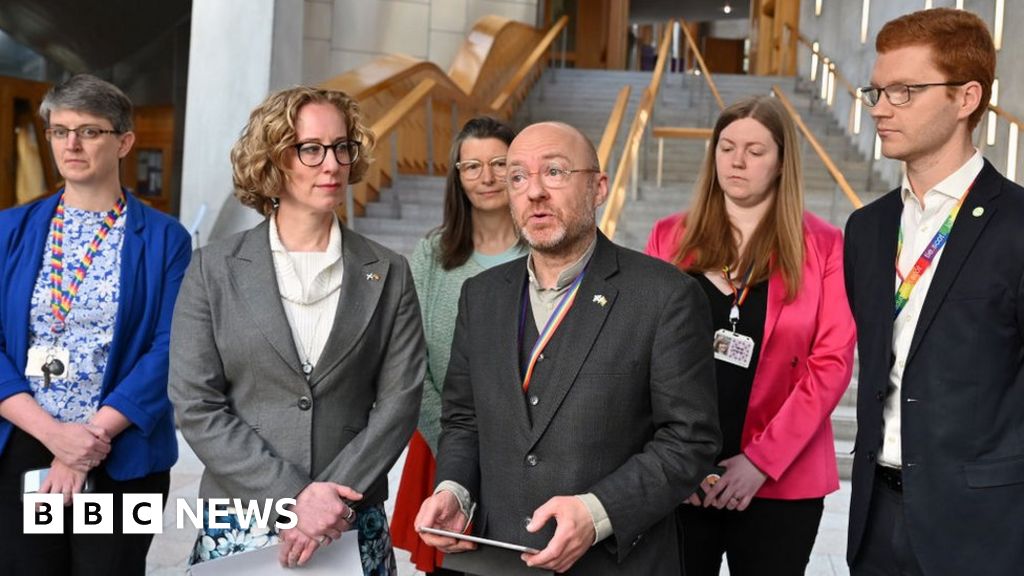:quality(80)/cloudfront-us-east-1.images.arcpublishing.com/lanacionar/AWELQVLRFJC6FGXXXJCZSPLDVM.jpg)
MONTEVIDEO.- Surprise, excitement, worries And … it’s over soon. The first thing is the surprise it created Announcement of a new artificial island in front of one of the most charming areas of the Uruguayan capital. The illusion it created among the government, construction companies and workers that the second and third pulp mill and the new Central Railway would be nearing the end of the construction of the new mega project that would accommodate the unemployed population. Third, the organization of architects is concerned about the inconveniences of current regional and environmental planning.
Then, there is the strong response to the end point for the “MVD 360” project; The Montevideo Municipal Government (IMM) announced that it would not grant the necessary permits for this work.
The plan was presented in the regime Personal effortIt refers to a job proposal that, if accepted, goes through the bidding process, in which the author of the idea has an advantage over the bidders’ competition.
Halfway between Pocitos and the traditional neighborhood of residential Carrasco is the Punta Gorda neighborhood, one of the most attractive areas of Montevideo Bay. An island, connected by a bridge, many tall buildings, a port for boats, playgrounds and public processions.
“This will act as a black hole for all Montevideo”, Said Carolina Goss, head of government in Montevideo, when asked about the organization’s refusal. One week after the project was made public, Montevideo management reported that the credibility of the private project had been rejected. Artificial Island 36 hectares.
Now how does it happen? Without the approval of the government of Montevideo, it would not matter if it was approved by the national government. The project cannot be completed. “The decision of the Montevideo mayor’s office not to support this initiative is surprising for the reasons given: it did not co-operate with the development of the center and Ciudad Viza, and it divides the city into neighborhoods for the poor and the rich.” He said Nation Deputy Minister of Transport and Public Works Juan Jose Olaisola.
The private initiative was presented in October and the Republican presidency declared the plan “appropriate”, for which it was forwarded to the Minister of Regional Affairs (MTOP) and the stage at which they should present the “economic feasibility” study began.
On May 9, the President Luis Lacalle Pou The project signed a resolution confirming that “the management is very interested because it will generally contribute to the hierarchy of the city and especially to the Montevideo boulevard” and that it will “allow the port offer to expand”. The city connects it further with the region.
A representative of the company promoting the project, Ignacio Muñoz de Jirkel SA, said their project “$ 2.3 billion investment in ten years” And the “first phase” will be “land location, bridge and infrastructure” in four years and with an investment of US $ 250 million.
Luis Oregioni, IMM’s planning director, said they were rejecting the plan for a reason. “Planning Balance Issue”It said it would “accumulate a large square meter of space in a single place in Montevideo, not just housing, but offices and business.” “This will affect the processes associated with the life of the center of Montevideo, especially the center and the old city.”.
The national government does not believe these explanations. “Stopping an attempt to create more than 4,500 jobs and $ 2.3 billion in investment seems like a profound mistake for us.”Said the Deputy Minister of Labor. Olaisola added Nation In Montevideo “If this situation continues”, they will “Talk to investors so that the effort can be made in another sector”.
In political circles, they discussed the possibility of doing it in another city with a government that accepts jobs. Canelloni or CologneEven if the authorities themselves realize that this will be another project and will affect the interest of investors.
What are the opportunities? The mayor’s refusal is complete, and relocation is not easy, so the plan is unlikely to succeed.. At least for now.

“Introvert. Thinker. Problem solver. Evil beer specialist. Prone to fits of apathy. Social media expert. Award-winning food fanatic.”

:quality(85)/cloudfront-us-east-1.images.arcpublishing.com/infobae/HQEZMU7CVOILYKB5XUNYSGZUWU.jpg)


More Stories
At the reserved meeting, Caputo proposed a plan to businessmen so that the government could cut taxes
Hersh Goldberg-Pollin says Israeli government should be “ashamed” of Hamas release of video of Israeli hostage kidnapped in Gaza criticizing Netanyahu
America: Students protest in support of Palestine intensifies Police arrested several protestors in front of a senator's house